Is Aspartame Safe? The Truth About This Controversial Artificial Sweetener
Summary:
- According to the WHO, the consumption of aspartame is considered safe as long as it does not exceed 40 milligrams per kilogram of a person's body weight on a daily basis.
- Aspartame, which is a sweetener commonly found in soda, has been classified by the World Health Organization as a possible carcinogen. However, this categorization is based on limited evidence, and further research is required.
- The average adult would need to consume between nine and 14 cans of aspartame-containing soda per day, depending on their weight, to exceed the limit and potentially face health risks.
- Aspartame is not only used in diet sodas such as Diet Coke and Pepsi Zero Sugar but also in various food products.
Here's my previous article about this topic: The Bitter Truth: Aspartame Sweetener Potentially a Carcinogen, WHO
Aspartame has been used for decades in everything from diet soda to chewed gum to desserts. But questions have long lingered about its safety and possible health risks. So is this artificial sweetener actually safe to consume?
The simple answer is: maybe. But it depends on how much you consume and based on who you ask. Let's dive into the facts and sort through the controversy.
The World Health Organization recently classified aspartame as a "possible carcinogen" - meaning it might cause cancer in humans. However, the WHO stressed this classification was based on limited evidence from studies with flaws. They said more research is needed to determine if aspartame definitely causes cancer.
At the same time, the WHO said aspartame is safe for people to consume within the daily limit of 40 milligrams per kilogram of body weight. This means that for most adults, drinking up to 9-14 cans of diet soda sweetened with aspartame per day is unlikely to pose health risks.
So on one hand, the WHO says aspartame is probably safe in moderation. But on the other hand, they've labeled it as possibly carcinogenic. The message is conflicting.
The food industry insists that aspartame is a safe choice - pointing to decades of research and FDA approval. They say it helps people reduce sugar and calories in their diets. However, the WHO recently found that sugar substitutes like aspartame do not actually help with long-term weight loss.
Ultimately, consumers must decide for themselves based on personal risk factors. Experts say aspartame has no health benefits - it just reduces calories. So the question is: are you willing to potentially increase your cancer risk, even slightly, for no good reason?
If you choose to consume aspartame, moderation is key. Limit diet sodas to 1-2 per day and avoid giving it to young children. And remember: water and unsweetened beverages are always the healthiest choice.
The truth is we still lack definitive proof that aspartame causes cancer. But we also lack proof that it is completely safe. So for many health-conscious people, it just doesn't seem worth the potential risk - especially when natural sweeteners exist. The decision is yours.
"Aspartame is FDA approved based on the available scientific evidence, sweeteners authorized by the FDA are safe for the general population under certain conditions of use."
Back in May, WHO advises not to use non-sugar sweeteners for weight control in their guideline.
Aspartame, artificial sweetener widely used in various food and beverage products since the 1980s, that includes diet drinks, chewing gum, gelatin, ice cream, toothpaste, dairies: cheese, yogurt, breakfast cereal, etc. It is also use in medications such as cough drops and chewable vitamins.
Here is the latest News from the World Health Organization (WHO) assessment results on aspartame.
Here are some Plant-based Sugar alternatives:
SPLENDA Naturals Monk Fruit Zero Calorie All Natural Granulated Sweetener
Stevia In The Raw, Plant Based Zero Calorie, No Erythritol, Sugar Substitute, Sugar-Free Sweetener for Coffee, Hot & Cold Drinks, Suitable For Diabetics, Vegan, Gluten-Free
WHOLE EARTH 100% Erythritol, Zero Calorie Plant-Based Sugar Alternative
Truvia Original Calorie-Free Sweetener from the Stevia Leaf
BetterBody Foods Organic Coconut Palm Sugar, Gluten-Free, Non-GMO, Low Glycemic Sugar Substitute

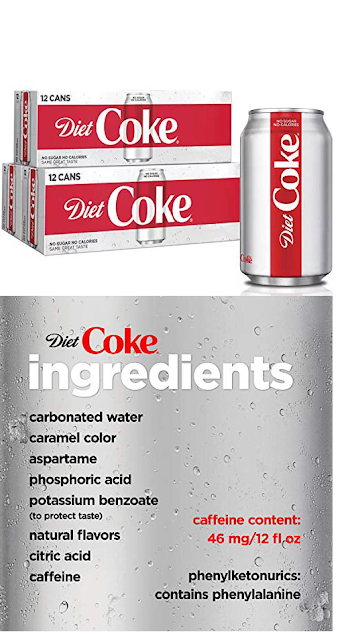
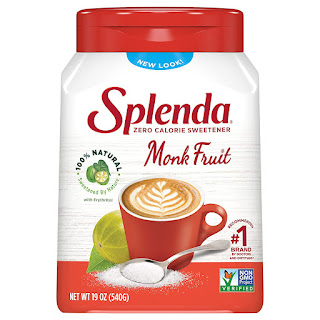
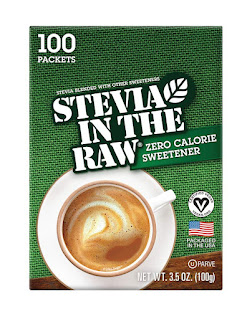
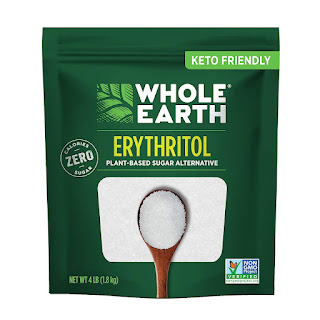

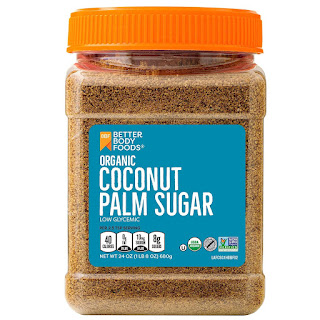

Comments
Post a Comment